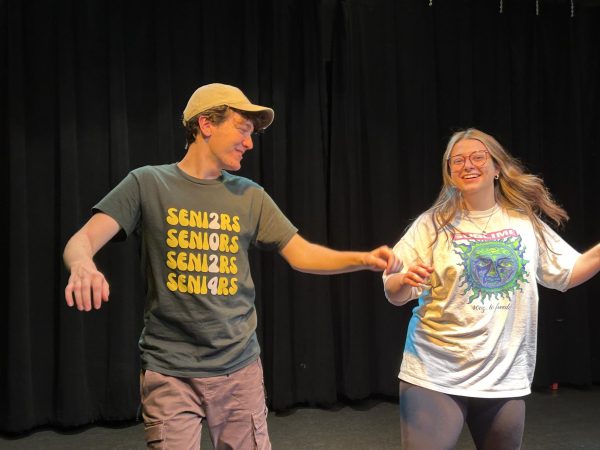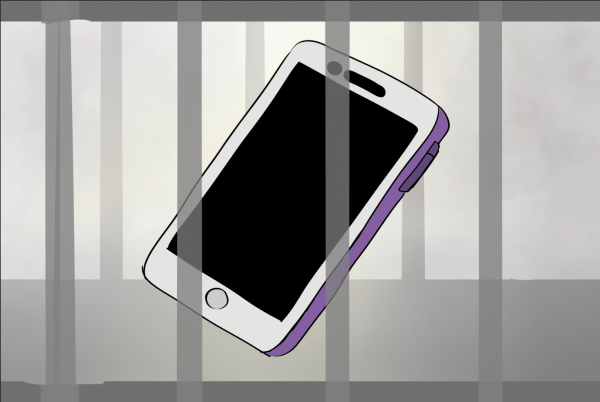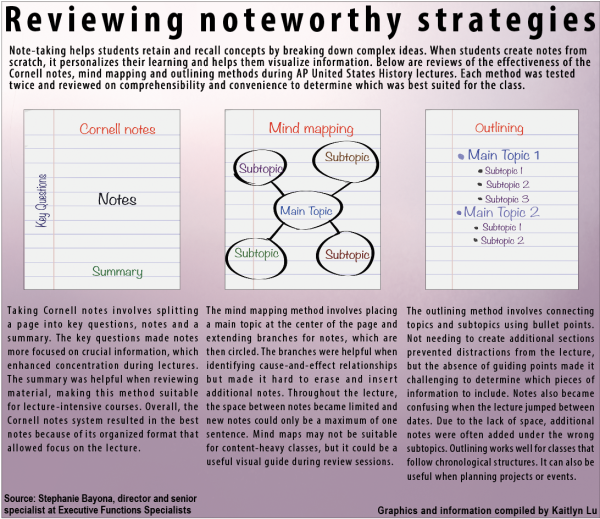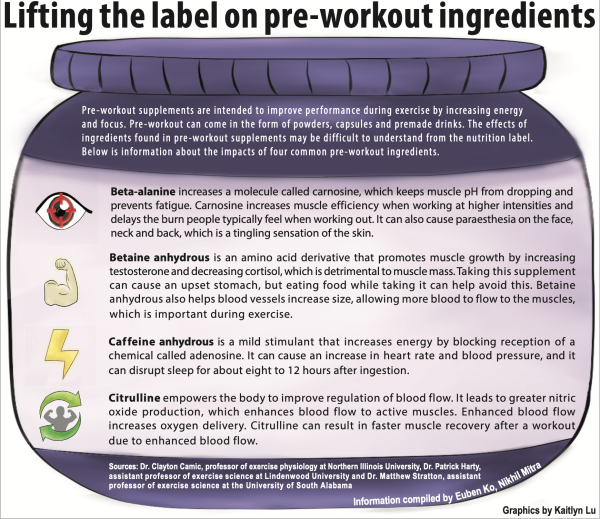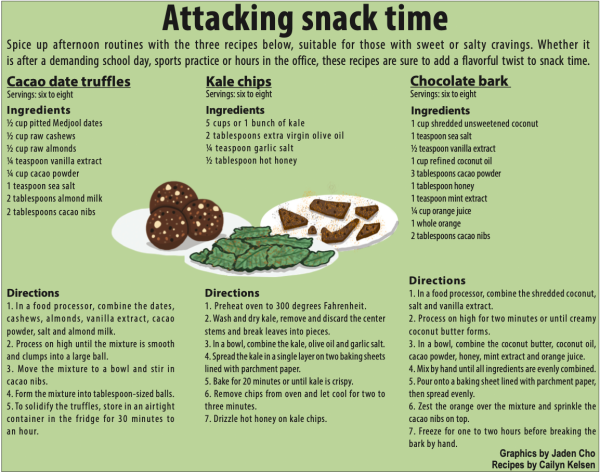Freshman creates content for YouTube
Whispering into the microphone, freshman Simon Klein role-plays trimming a viewer’s hair. He begins by spraying water around the camera and then pretends to cut hair by snipping scissors. This was the first video Simon Klein uploaded to his channel which has since gained over 19,700 subscribers as of Jan. 22. His videos are meant to trigger autonomous sensory meridian response, also known as ASMR, which is when a person gets a tingling sensation across their body.
“[ASMR] can be triggered by multiple things such as whispering or tapping or water sounds or things like that,” Simon Klein said.
Tony Ro, presidential professor in psychology and biology at the City University of New York, said in a phone interview that ASMR is not a well-established phenomenon, and most experiences are anecdotal accounts.
“Scientifically, there’s not been very many studies done,” said Ro. “But a lot of people have also claimed that [ASMR] may help them alleviate things like stress, depression, anxiety and other types of ailments.”
Simon Klein said he was having trouble sleeping one night and looked up ways to fall asleep faster. When he found ASMR, it helped him with his sleep problems. Eventually he decided to start his own channel and has since earned over $2,000 in revenue from advertisements shown within his content.
Sophomore Daniel Klein was introduced to ASMR through his cousin, Simon Klein. When he listens to ASMR, he said he feels relaxed and at peace. He listens to ASMR most nights before going to sleep.
“Some people don’t feel the tingling sensation [and] some people do,” said Daniel Klein. “But I do, and it’s a really nice feeling.”
While senior Kate Abrams does not experience the tingling sensation, she listens to ASMR because it calms her.
“I usually either listen to it when I’m doing homework or going to sleep,” Abrams said.
According to Simon Klein, some people might feel embarrassed to like ASMR or think it is weird, but he thinks ASMR is not talked about as much as it should be.
“I found [ASMR] pretty early on in the stages, … like right before it [gained popularity],” said Simon Klein. “I was just like ‘Oh, let me try it out,’ and I thought it was cool. It relaxed me so I was like, I can do this to help other people as well.”



